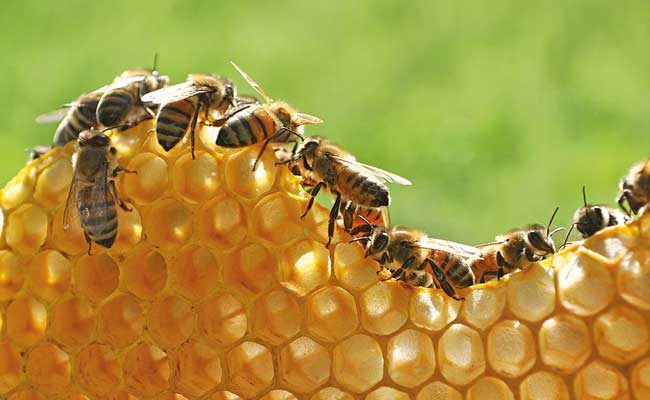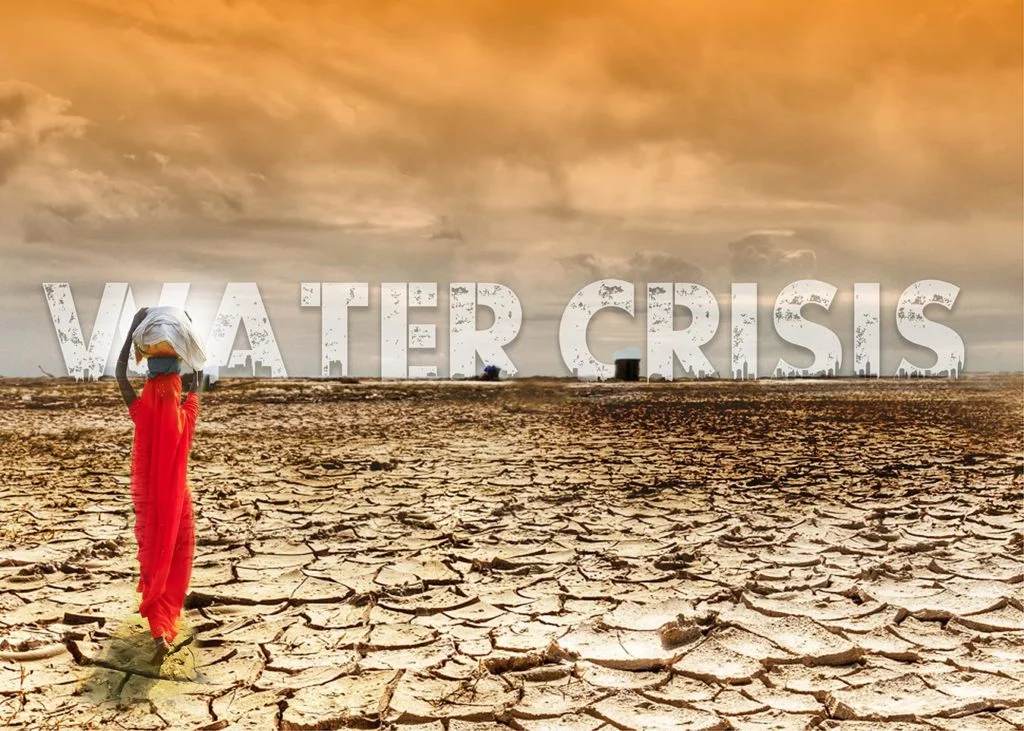Introduction:
Bees, those tiny buzzing creatures, play a significant role in the intricate web of life on our planet. These industrious pollinators are responsible for fertilizing flowering plants, including the crops we rely on for food production. However, in recent years, there has been a noticeable decline in bee populations worldwide, causing alarm among scientists, farmers, and environmentalists. This article explores the reasons behind the decline of bee populations and delves into the far-reaching effects it has on food security.
- Understanding the Importance of Bees:
Bees are the unsung heroes of our food system. Through their role as pollinators, they facilitate the reproduction of plants by transferring pollen from the male part of a flower to the female part, enabling fertilization and the development of fruits, vegetables, and seeds. It is estimated that bees are responsible for pollinating one-third of the food crops consumed by humans, including apples, berries, almonds, and many more.
- Factors Contributing to Bee Population Decline:
a. Habitat Loss: Urbanization, intensive agriculture, and deforestation have led to the loss of bee habitats. The destruction of natural habitats deprives bees of nesting sites, forage, and biodiversity, disrupting their life cycle and reducing their overall population.
b. Pesticide Use: The widespread use of pesticides, including neonicotinoids, has been linked to bee population decline. These chemicals can impair bee navigation, memory, and reproduction, making them more susceptible to disease and reducing their overall vitality.
c. Climate Change: The changing climate patterns pose challenges to bee populations. Extreme weather events, such as droughts and heatwaves, can disrupt flowering patterns and affect the availability of nectar and pollen, making it difficult for bees to find food sources.
- The Ripple Effects on Food Security:
a. Crop Losses: The decline in bee populations has a direct impact on crop yields. Without sufficient pollination, many plants produce fewer fruits and seeds, leading to reduced crop yields and potential economic losses for farmers. This phenomenon not only affects the availability of fresh produce but also impacts the global food market.
b. Reduced Nutritional Diversity: Bees play a crucial role in maintaining the diversity of our diets. With fewer bees to pollinate a wide range of crops, there is a risk of reduced nutritional diversity, as certain fruits, vegetables, and nuts become scarcer. This can have detrimental effects on human health, contributing to nutrient deficiencies and increasing the prevalence of diet-related diseases.
c. Economic Consequences: The decline of bee populations has far-reaching economic consequences. Agriculture, a sector heavily reliant on pollinators, suffers from reduced productivity, increased production costs, and potential job losses. Additionally, the decline in honey production, an important agricultural commodity, impacts beekeepers’ livelihoods and the honey industry as a whole.
- Conservation Efforts and Solutions:
a. Protecting Natural Habitats: Preserving and restoring natural habitats is crucial to providing bees with sufficient forage, nesting sites, and biodiversity. This includes creating wildflower meadows, protecting forests, and implementing green spaces in urban areas.
b. Reducing Pesticide Use: Implementing sustainable farming practices that minimize pesticide use and promoting alternative methods, such as integrated pest management, can help protect bees while ensuring crop productivity.
c. Supporting Beekeepers: Beekeepers play a vital role in bee conservation. Supporting local beekeepers, promoting bee-friendly practices, and creating awareness about the importance of bees can contribute to their preservation.
d. Public Awareness and Education: Educating the public about the significance of bees in food production and the steps individuals can take to support bee populations is crucial.
![]()





